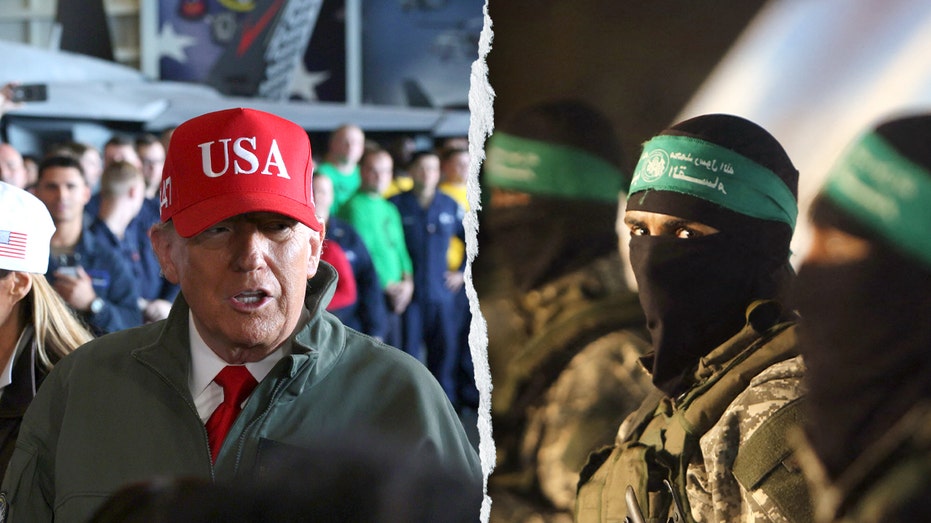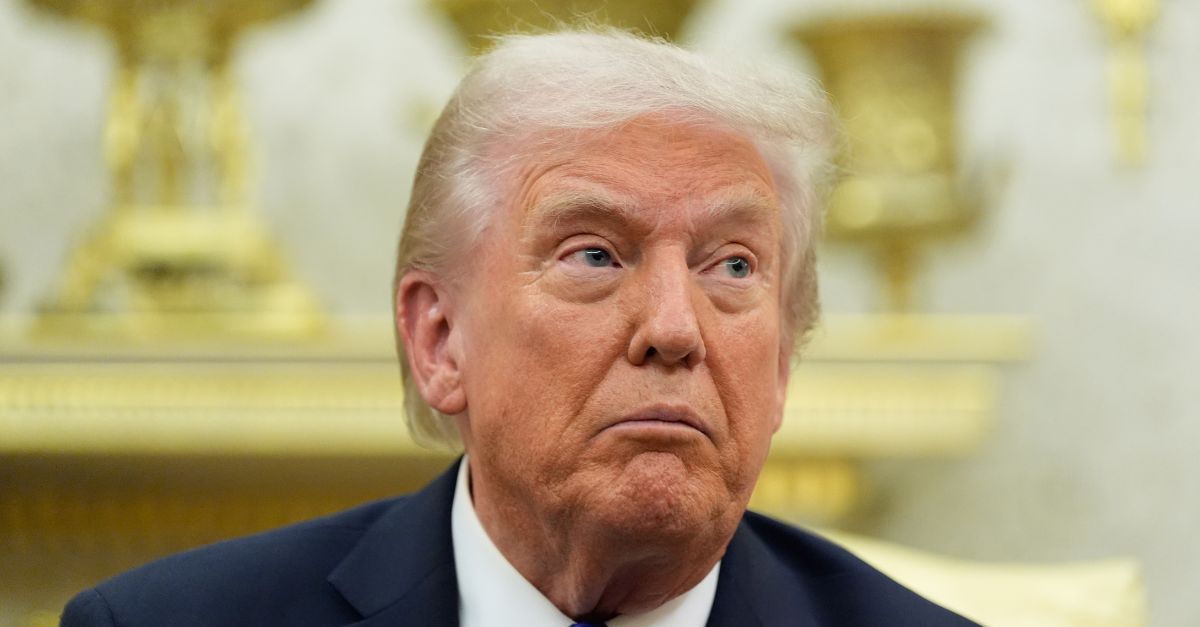
Fire damages trailer in Longmont
No one was injured in a fire Saturday morning near Gay Street and Price Road in Longmont.
1294 articles found

No one was injured in a fire Saturday morning near Gay Street and Price Road in Longmont.
The recent Co-operative Society elections across Sri Lanka have quietly revealed a political undercurrent that the NPP can no longer ignore. While the party continues to project national confidence, the defeats in...The post Postponed Democracy: NPP’s Co-operative Defeats and the Silent Erosion of 13A first appeared on Groundviews.

Formula 1 fans shared their reactions as Charles Leclerc and Lewis Hamilton managed top-three starting positions in the Mexico GP.
.jpg?width=1200&auto=webp&crop=3%3A2)
Police said 150 people fled from the house shortly before officers arrived
An AI expert from Anthropic predicts a mostly smooth transition for AI over the next 2-3 years where business adopts best practice AI that is unleashing 10X productivity. This will be great value creation that would payoff the trillions we are and will invest. Perfecting and scaling what AI is capable of now and what ... Read more
VIRGINIA — Canada’s Brad Jacobs is through to the men’s gold-medal game at the Pan Continental Curling Championships after posting a narrow 5-4 semifinal win over China on Saturday. Vice-skip Marc Kennedy, who curled a perfect game, hit a triple-takeout to blank the ninth end with the score tied 4-4. Then, with the hammer in […]
Las Vegas Raiders edge rusher Maxx Crosby was linked to the Dallas Cowboys in trade rumors this week, prompting a response from Jerry Jones. Former ESPN personality Trey Wingo cited sources earlier this week claiming that the Cowboys had reached out to the Raiders about a potential Crosby trade. Jones denied that was the case, …The post Jerry Jones addresses the Maxx Crosby trade rumors appeared first on Larry Brown Sports.

President Donald Trump gives Hamas 48-hour ultimatum to return bodies of 13 deceased hostages or face consequences from countries involved in Gaza peace deal.

Nearly 80,000 Big Apple voters turned out to cast their ballots as early voting kicked off Saturday – a figure nearly five times higher than the early voter turnout seen in 2021, according to unofficial data. The New York City Board of Elections reported a total of 79,409 early voter check-ins as the polls closed Saturday – a sharp jump from the 15,418 who showed up when early voting began four years ago. The increase comes as a hotly contested race to replace Mayor Eric Adams pits former Gov. Andrew Cuomo, running as an Independent against Democratic Party nominee and socialist Zohran Mamdani and beret-wearing Republican Curtis Sliwa. Officials said 24,046 ballots were cast in Manhattan, with 7,793 in the Bronx, 22,105 in Brooklyn, 19,045 in Queens, and 6,420 in State Island. That was much more than the 2021 first day numbers, which saw 4,563 voters in Manhattan, 2,079 voters in The Bronx, 3,751 voters in Brooklyn, 3,441 voters in Queens and 1,584 voters in Staten Island. The boost was touted by longtime top Cuomo aide Melissa DeRosa who said on X: “If these numbers hold, we could see 1.9M person turnout.” Follow The Post’s coverage of the NYC mayoral race Cuomo torches Mamdani as ‘child of wealth’ who’s ‘never had a real job’ in appearance on Logan Paul podcast Curtis Sliwa quits radio gig in on-air shouting match after calls to drop NYC mayor bid Eric Adams will endorse Andrew Cuomo for NYC mayor Adams could block Mamdani’s signature ‘rent freeze’ plan — possibly with help from reality TV star: sources Jeffries finally endorses Mamdani for NYC mayor — despite having ‘areas of principled disagreement’ Mamdani now leading in the polls by double digits to win the job overseeing the city’s $115 billion budget and nearly 300,000-member workforce. Adams, a centrist Democrat, suspended his sagging re-election campaign last month as fundraising lagged following a federal probe, even though he was cleared of corruption allegations.

Nearly 80,000 Big Apple voters turned out to cast their ballots as early voting kicked off Saturday – a figure nearly five times higher than the early voter turnout seen in 2021, according to unofficial data.

Two detectives visited the former Met bodyguard at his home in the South East of England on Tuesday morning, the Mail on Sunday can reveal.

Fjárbændur segja ekkert jafnast á við það að eiga góðan smalahund. Þeir sækja nú námskeið þar sem þeir fá kennslu í að leiðbeina ferfætlingunum hvernig þeim ber að vinna vinnuna sína.

Game 1 of the World Series did not go as the Los Angeles Dodgers expected it to. The Toronto Blue Jays completely dominated them, and they lost the game 11-4, but there were some moments that made headlines. Like the Grand Slam from Barger and that 9-run inning from the Blue Jays. Even the fans […]The post Shohei Ohtani’s Hilarious Reaction Turns Blue Jays’ ‘We Don’t Need You’ Chant Into Comedy Gold appeared first on EssentiallySports.
Georgia Tech quarterback Haynes King torched Syracuse for nearly 400 yards from scrimmage and five touchdowns. King’s performance helped the Yellow Jackets hand the Orange their fourth-straight loss.The post Haynes King gashes SU for 400 scrimmage yards and 5 touchdowns in GT’s win appeared first on The Daily Orange.
I bet that you still listen to these three one-hit wonders from 1972 on occasion today. They've aged incredibly well!The post 3 One-Hit Wonders From 1972 That Will Never Lose Their Spark appeared first on American Songwriter.
Local non-profit Chicago Area Peace Action awarded Andrew Ginsberg, an Evanston Township High School social studies teacher, the Cleland-Tholin Pursuit of Peace Award at its annual fall benefit Thursday evening. Ginsberg, who was reprimanded by administrators last school year for displaying a controversial “Jewish acts of dissent” poster in his classroom, emphasized the plight of...The post ETHS teacher accepts peace award after months of controversy surrounding ‘Jewish acts of dissent’ poster appeared first on The Daily Northwestern.

More than 30 former federal judges have informed the U.S. Supreme Court that President Donald Trump does not possess “unlimited power to impose tariffs on all goods imported from all trading partners.” In a 21-page amicus brief, these ex-judges, appointed by presidents from both major political parties, express their concern. They emphasize their ongoing commitment to maintaining the independence of the federal judiciary. Their brief cautions that the Trump administration’s stance could undermine the judiciary’s role in the crucial tariffs case currently under consideration by the Supreme Court. The judges stress the importance of respecting the separation of powers, ensuring that any legislative power delegated to the President undergoes thorough judicial scrutiny. This legal battle encompasses a series of cases initiated by diverse groups challenging Trump’s tariff policies. In mid-April, V.O.S. Selections, an alcohol importer, and other businesses filed a lawsuit against the tariffs, citing issues such as pricing chaos, shipping disruptions, limited product selection, inventory challenges, cash flow problems, and reduced purchase orders. By late April, 12 states led by Democratic administrations had similarly contested Trump’s tariffs. These cases have since been consolidated. In late May, the consolidated plaintiffs won the argument – securing a formal kibosh on the tariffs by a unanimous three-judge panel on the Court of International Trade. But in real terms, that ruling was immediately stayed by a 10-judge panel on the appellate court. Then, in August, the U.S. Court of Appeals for the Federal Circuit ruled against the tariffs again – and also stayed its own ruling until Oct. 14 to give the government time to appeal to the Supreme Court. In early September, the Trump administration filed their petition for a writ of certiorari, warning an end to Trump’s claimed tariffs powers would place America on the “brink” of economic “catastrophe.” The major question before the court is whether or not the president has the power to unilaterally impose tariffs under the International Emergency Economic Powers Act (IEEPA). Each court to review the question has answered in the negative. The ex-judges, in their amicus brief, phrased the matter slightly differently. First, they say, the IEEPA question is more a matter of whether Congress has ceded such broad authority to the president. And, second, whether the legality of the president’s actions is beyond the scope of judicial review. As for the IEEPA issue, the amici say the federal government is arguing “to uphold the transfer of total authority to set tariffs to the President.” “[F]or a delegation to pass constitutional muster, Congress must ‘lay down by legislative act an intelligible principle to which the person or body to fix such rates is directed to conform,’” the amicus brief argues. “Here by contrast, the IEEPA provides no standards to guide the president in determining the countries on which tariffs should be imposed, the goods that should be subject to a tariff, or the rate of such tariffs.” Prior delegations of such powers allowed by the law have involved specific and prescriptive details – surpassing even guidelines as to their specificity – and “an intelligible principle” with which the president must “conform,” the judges say. But, they insist, nothing like that is happening here. “According to President Trump, he can do whatever he wants when it comes to tariffs, imposing them (as he has) even on countries that do not contribute to America’s drug-trafficking problem and have no negative balance of payments with the United States,” the brief goes on. “We respectfully submit that this is not the law. Under our Constitution, and its careful allocation and separation of powers, Congress cannot hand its tariff-setting authority over to the President lock, stock, and barrel, allowing him to aim it whenever, wherever, and however he pleases.” On the second issue – of judicial review over tariff-setting – the onetime judges portend an even more dire state of affairs, warning of unmitigated power metastasizing indefinitely into amalgam both familiar and abhorrent to U.S. history, politics, and law. From the amicus brief, at length: [T]his Court should reject the Solicitor General’s argument that courts lack the power to decide whether there were, in fact, “unusual and extraordinary” threats that justified the President’s use of the powers assertedly conferred by IEEPA. Giving the President the unreviewable authority to decide whether he may exercise emergency powers would be antithetical to the balance of powers that our founders established as the bedrock of the Constitution…it is the province of the judicial branch to determine whether the President has gone beyond what the law allows. “For this court to rule that the president alone can exercise unlimited legislative powers without judicial review of a determination that a national emergency exists would give the president tyrannical powers,” the brief continues. “Alexander Hamilton observed in The Federalist No. 47: ‘The accumulation of all powers, legislative, executive and judiciary, in the same hands, . . . may justly be pronounced the very definition of tyranny.’”

The Altavilla twins made sure they’ll get another high school game together. Cole Altavilla caught a 34-yard touchdown pass from Drew Altavilla with 1:57 left in the fourth quarter, Johnny Laugerman caught the 2-point conversion, and Two Rivers won 15-14 at Hastings on Saturday afternoon in a Class 5A, Section 3 football semifinal. “A lot […]

With the LA Dodgers and Toronto Blue Jays battling it out in the 2025 World Series, it appears California's Governor, Gavin Newsom, and Ontario's Premier, Doug Ford, are using the event as a means to